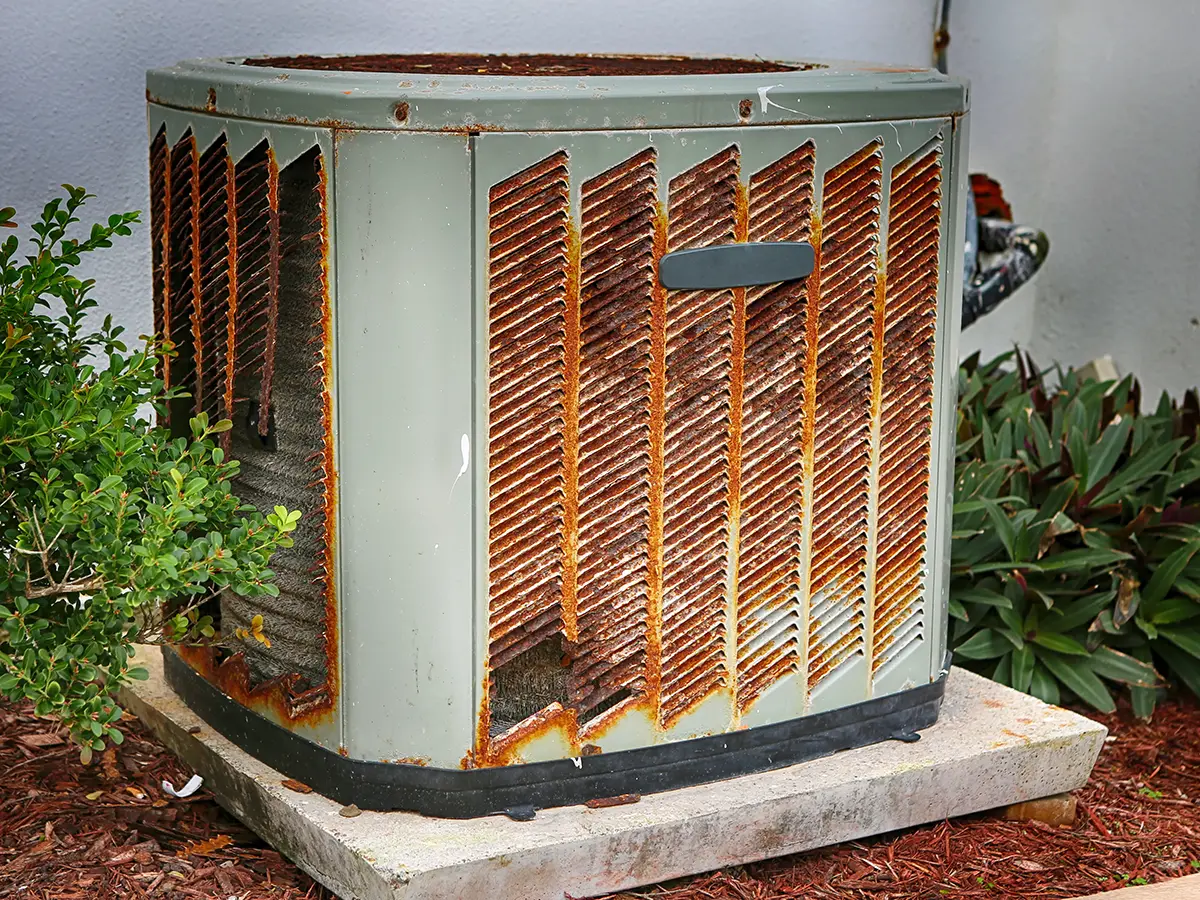As a homeowner, the comfort of your living space largely depends on the efficiency of your heating and air conditioning system. If your HVAC system is over ten years old, you may be facing not only discomfort but also rising energy costs. While the thought of replacing your system might seem daunting, doing so can lead to significant savings on your energy bills and enhance your overall home environment.
One of the most compelling reasons to consider an upgrade is the remarkable advancements in energy efficiency technology. Modern heating and air conditioning units are designed to operate far more efficiently than their older counterparts. For instance, many new systems boast a Seasonal Energy Efficiency Ratio (SEER) rating of 14 or higher, while older models may have ratings as low as 10. This means that newer systems use less energy to cool your home, translating to lower utility bills. The difference can be substantial, especially during peak heating and cooling seasons.
In addition to improved energy efficiency, newer HVAC systems are engineered to reduce energy consumption. Older systems often struggle to maintain consistent temperatures, leading to increased energy use as they work harder to heat or cool your home. This inefficiency can be frustrating and costly. Newer models come equipped with advanced features such as variable-speed motors and smart thermostats, which optimize energy use by adjusting output based on current temperature and humidity levels. This not only enhances comfort but also ensures that energy is used judiciously, helping to keep your utility bills in check.
Comfort is another critical factor to consider. An aging HVAC system may not effectively distribute air throughout your home, resulting in hot or cold spots that can make certain areas uncomfortable. This inconsistency often leads homeowners to adjust their thermostats more frequently, further driving up energy costs. In contrast, modern systems are designed for better airflow and temperature control, providing a more uniform and comfortable living environment. When your home maintains a consistent temperature, you’re less likely to crank up the thermostat, which can significantly reduce energy consumption.
Moreover, older systems tend to require more frequent repairs as components wear out over time. These repair costs can accumulate quickly, adding to your overall expenses. By replacing your aging system, you can avoid the ongoing costs associated with repairs and maintenance. New HVAC systems typically come with warranties that cover parts and labor for a specified period, offering peace of mind and further reducing unexpected expenses.
Investing in a new heating and air conditioning system can also enhance the overall value of your home. Potential buyers are often drawn to homes with modern, energy-efficient HVAC systems, knowing they will save on energy costs in the long run. This can make your home more appealing in a competitive real estate market, potentially leading to a higher selling price.
In addition to financial benefits, replacing your older HVAC system can have a positive impact on the environment. Newer systems are designed to be more eco-friendly, using less energy and producing fewer greenhouse gas emissions. By upgrading, you’re not only reducing your energy costs but also contributing to a more sustainable future.
Finally, many local and federal programs offer tax incentives and rebates for homeowners who upgrade to energy-efficient HVAC systems. These financial incentives can help offset the initial cost of replacement, making it an even more attractive option. It’s worth researching available programs in your area to take advantage of these savings.
Simply put, replacing your older home heating and air conditioning system is a wise investment that can lead to significant energy cost savings. With improved energy efficiency, reduced energy consumption, and enhanced comfort levels, a new HVAC system can transform your home while lowering your utility bills. The long-term benefits of lower repair costs, increased home value, and environmental sustainability further solidify this upgrade as a smart choice for any homeowner. If you’re considering a replacement, consult with an Alpine Air representative to explore your options and find the best system for your needs.
Your wallet—and the planet—will thank you!
